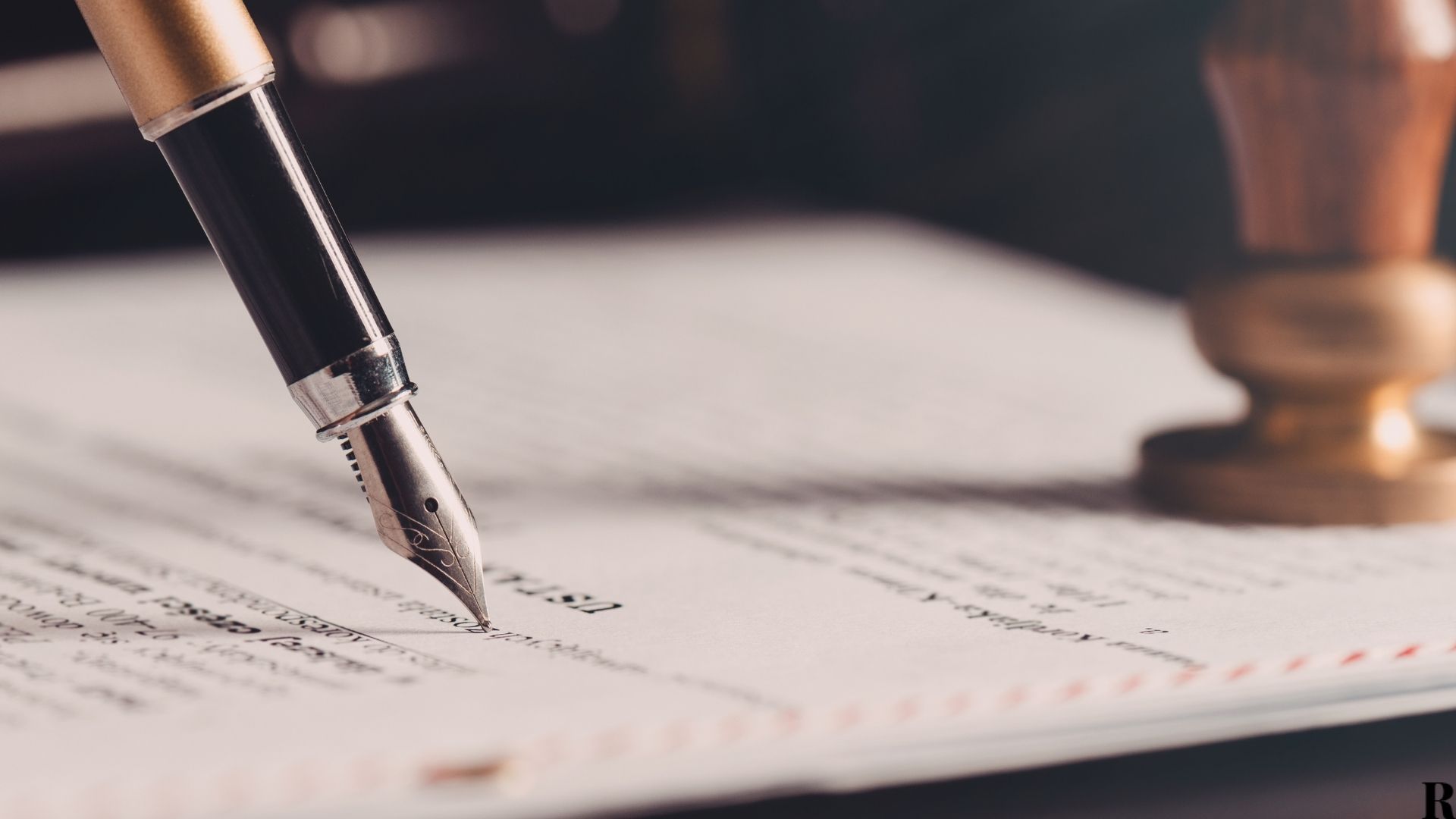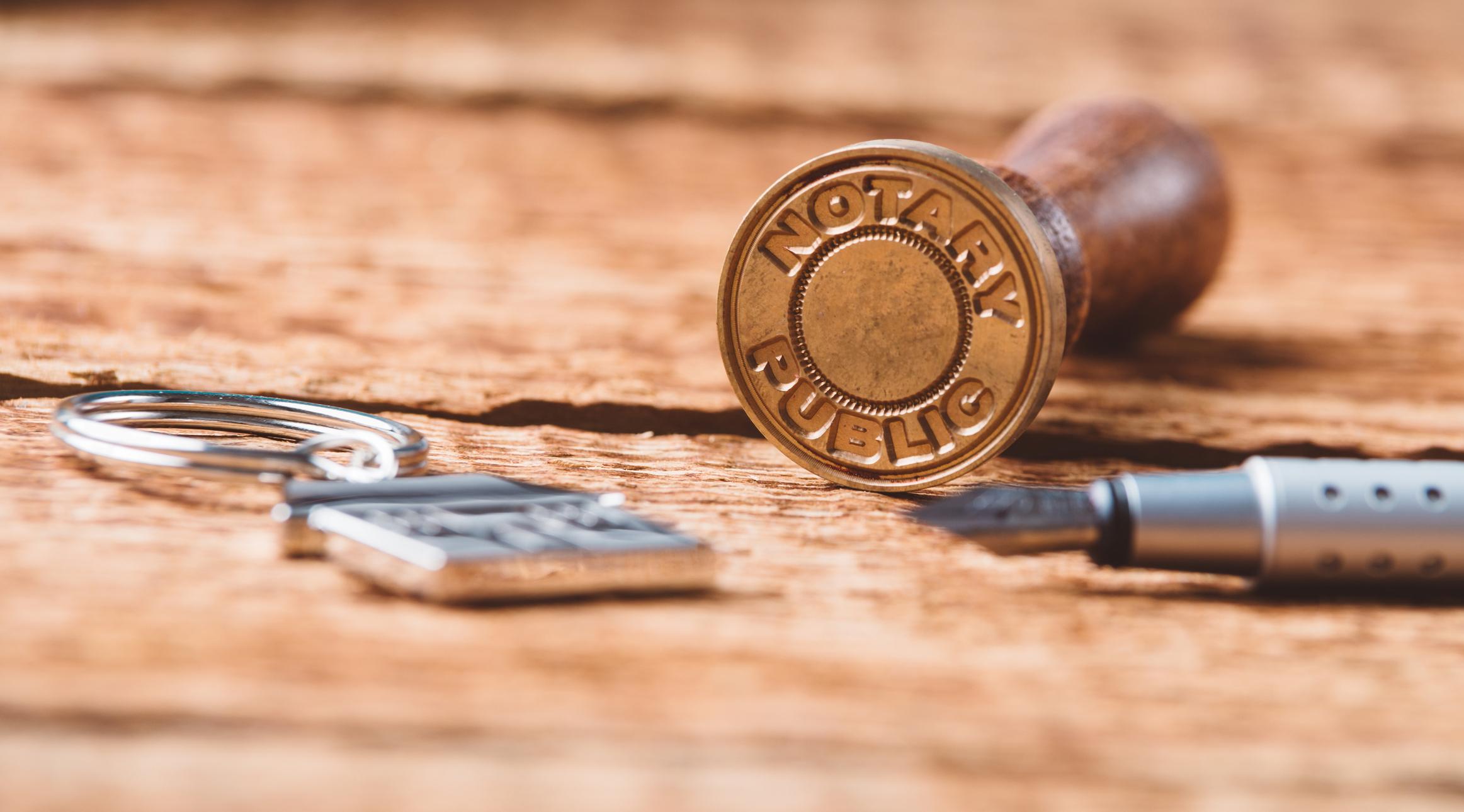Apostille Refine Explained: Simplifying International Record Confirmation
Apostille Refine Explained: Simplifying International Record Confirmation
Blog Article
Debunking Notarial Job: Simplifying the Role and Relevance of Notaries
Their role, frequently shrouded in mystery for many, carries considerable weight in making certain the legitimacy and stability of important documents. By deciphering the complexities dropping and surrounding notarial practices light on the value of their acts, a more clear understanding arises of the crucial function notaries play in maintaining the fabric of contractual and lawful arrangements.
The History of Notarial Job
How did notarial job develop over time to end up being an essential part of legal and company purchases? The background of notarial job dates back to old people, where scribes played an essential duty in videotaping crucial information and confirming papers. As societies advanced, the requirement for a much more formalized system to guarantee the legitimacy of contracts arose. This caused the development of notaries, people designated by the state to act as objective witnesses in legal issues.
Throughout the Middle Ages, notaries got prestige in Europe, with their functions broadening to consist of drafting lawful records, certifying signatures, and maintaining records. The rise of worldwide profession even more stressed the value of notarial operate in confirming contracts and contracts across borders.
In the modern age, notaries continue to play an essential role in legal and company transactions by verifying identifications, verifying the authenticity of records, and stopping scams. Their duty in licensing the legitimacy of arrangements includes a layer of security and depend the ever-evolving landscape of commerce and law.

Responsibilities and Obligations of Notaries
Notaries play a vital duty in verifying the credibility of documents and the identification of signatories. One of their main duties is to witness the finalizing of important papers, such as actions, wills, and contracts, to make sure that all parties are entering right into contracts intentionally and voluntarily.
Moreover, notaries are tasked with providing affirmations and oaths, which are critical in lawful proceedings and the execution of testimonies. They certify copies of original papers, giving assurance to institutions that the copies hold true reproductions of the originals. Notaries must preserve precise documents of all purchases they oversee to make sure openness and accountability. On the whole, the tasks and obligations of notaries are important in guarding the integrity and legitimacy of numerous documents and deals.
Notarial Certificates and Signatures
Exhibiting careful focus to information, notarial certificates and trademarks act as necessary parts in verifying the credibility of lawful files. Notarial certificates generally contain essential information such as the day of notarization, the names of the signatories, a description of the record, and the notary's main seal. These certifications supply a clear document of the notarial act, guaranteeing that the paper can be quickly determined and traced back try these out to the notary who managed the process.
Signatures play a pivotal duty in notarial work, as they represent the agreement and approval of the events entailed. Notaries carefully witness the finalizing of documents to confirm the identification of the notaries and verify that they are signing of their very own free choice. By affixing their official seal and trademark to the file, notaries accredit that the needed procedures have been adhered to which the document is legitimate and enforceable.
Fundamentally, notarial certificates and trademarks are the trademark of authenticity in legal deals, offering guarantee to all celebrations involved that the records are legitimate and binding.
Relevance of Notarial Acts
Registration Refine Discussed
Explaining the notarization procedure offers quality on the essential steps included in confirming lawful papers. The registration procedure generally begins with the specific providing the file to a notary public. The notary then verifies the signer's identity via appropriate identification approaches. As soon as the identification is verified, the notary makes certain that the specific authorizing the file does so voluntarily and without any coercion.

Conclusion

Notarial certificates usually have essential information such as the date of registration, the names of the notaries, a description of the file, and the notary's main seal. These certifications give a clear record of the notarial act, making sure that the record can be easily identified and traced back to the notary who oversaw the process.
By affixing their official seal and signature to the file, notaries accredit that the needed treatments have actually been complied with and that the paper is enforceable and valid.
By validating the identification of the signatories, verifying their determination to get in into the contract, and licensing the day and place of the finalizing, notaries play a crucial duty in promoting the validity of legal documents.After the document is signed, the notary will affix their official seal or stamp onto the document.
Report this page